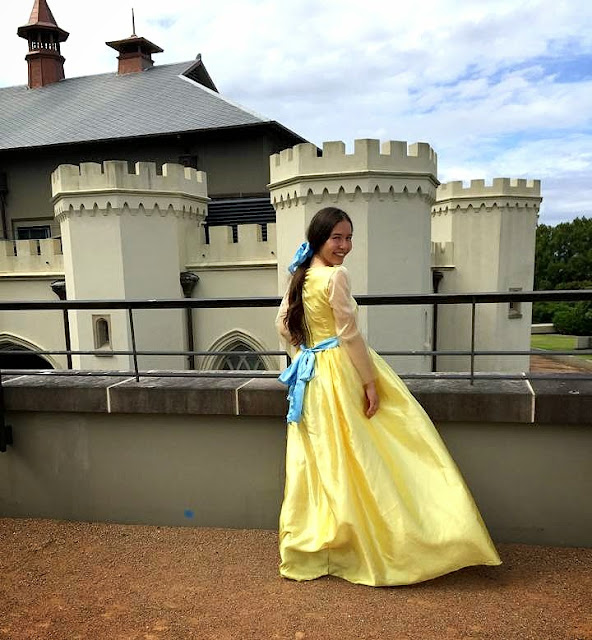Fragments of English & Home
 |
| Source: Unsplash |
As a child, I learnt how to speak three Englishes.
1. Indonesian English
2. Serbian English
3. English as a language
Words never quite flowed off my parents' tongues correctly, but I could understand it perfectly.
There was no difference between vacuum and (fa)ckuum.
When my mother moved from her village in Indonesia to Ashfield in Sydney, Australia, she had to learn English.
When I was 7 years old, my mother cried in the Westfield Parramatta parking lot, asking my sisters and I to teach her proper English so her co-workers would take her work seriously.
When I was 13 years old, my mother would ask my sisters and I to help her with her assignments so she would attain a Certificate in Child Care. We were all crying now, angry at the system and society we lived in that could be so cruel when she was trying so much.
Finish. Instead of "I'm finished".
My mother grasped the cowry shells with her sunbaked hands and said, "This is what I played where I came from," placing the shells in the dakon to play Congkak.
She would ask me to fetch the amplop (envelop), slipping inside a letter back home to Indonesia, then write the address in a slightly incorrect order.
Listening to my dad speak English echoed remnants of the Serbian hillside.
Idioms we're not quite right - "Last lucky" instead of "lucky last".
When he would pick me up from school, he introduce himself to my friends as "Goran, the proud father of Anastasia [pronounced ah-nah-STAH-see-yah]".
As my parents vocabulary began to grow, so did my realisation of their own personal journey living in Australia.
Their English was never not broken - it was full of emotion, hardship and stories.
Sure, they may not be the perfect English you find in novels of Jane Austen & Shakespeare, but they were our English, and we made them our own.
They flowed off their tongues, and I understood them perfectly.
This was our English. Ours to keep. Ours to be proud of.


Comments
Post a Comment